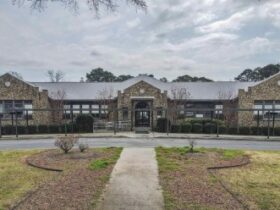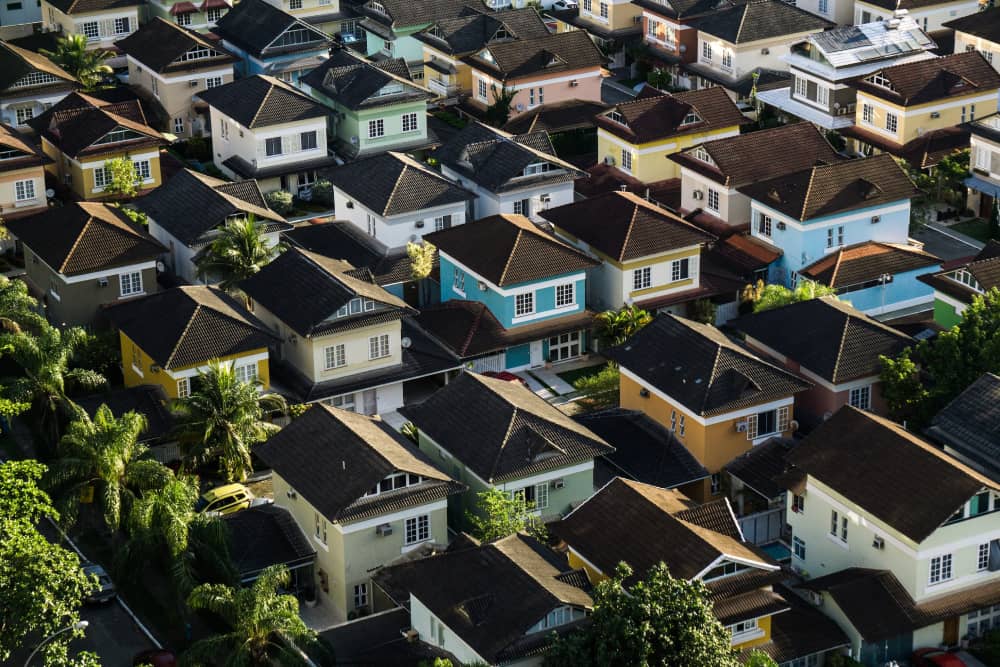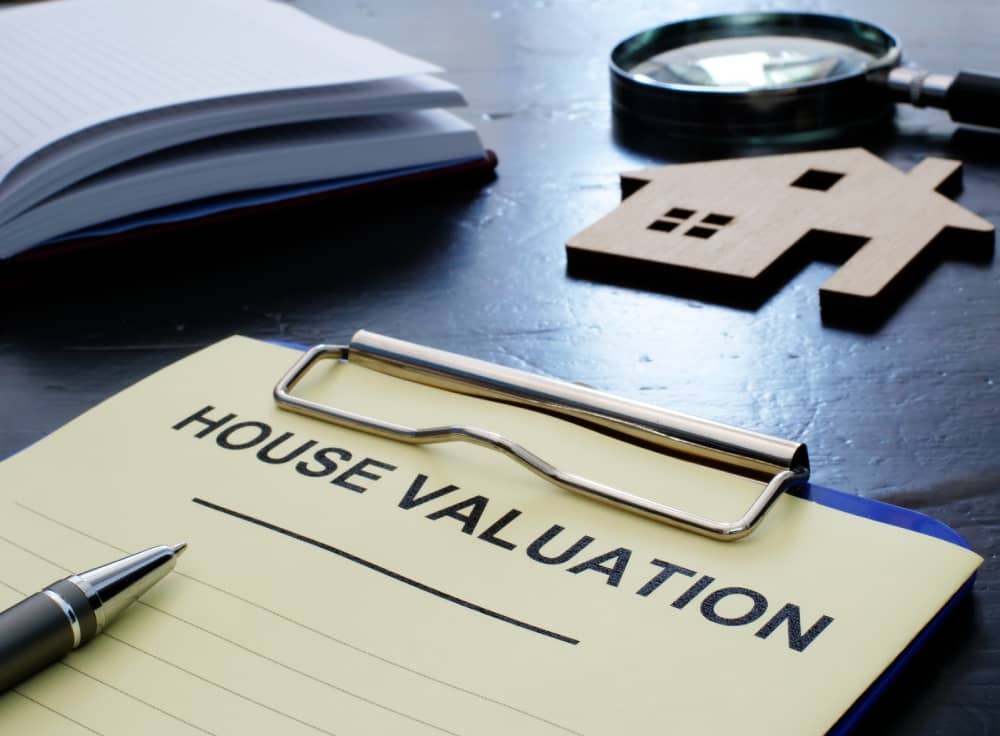Real estate developers manage the tasks involved with developing property. They purchase land, secure financing, and work with architects and builders to design and construct buildings on the property.
They may then sell or retain, rent out, and manage the structures.
Land Development
Land development represents one of the most fundamental ways humans impact the natural environment. Yet, it isn’t easy to reduce the rate of land development, as a large share of high-quality, suitable sites are already developed or under contract for future development.
Real estate developers buy land and transform it into functional property, such as a building or office space. This requires extensive time and capital investment and brings together many people and interests. Real estate developers must be able to manage the various stakeholders throughout the process.
Commercial Development
A commercial real estate developer builds and leases buildings for business purposes, such as retail stores, office space, hotels, and skyscrapers. They identify properties that have potential and enhance them by improving their location, layout, and design. They also work to coordinate changes on existing commercial property sites and oversee construction processes.
A developer will often work with third-party engineers and contractors to bring a project to life, so being an expert at building relationships is essential. They’ll need to understand how different types of construction impact the overall cost and timeline of a deal.
The pre-development stage is one of the most critical phases for any commercial real estate development project. Angelo Ingrassia developer, analyzes employment figures that can indicate demand for new commercial space. They can then compare that demand to the current supply of commercial space and determine whether a new development would be financially viable.
Residential Development
The United States is home to many leading real estate developers whose business strategies reflect the demands of a changing market. For example, demographic changes fuel the demand for higher-density housing. Younger couples often pursue careers before settling down, leading to greater use of shared living spaces, which are less costly to maintain and run.
Professional residential real estate developers also understand that a building’s design must appeal to various tastes. Therefore, they usually design adaptable floor plans and layouts that customers can customize.
The residential development process begins with the developer having an idea for a type of property that he believes the market can support. He must identify a vacant site matching the project requirements, such as the space needed for houses and amenities. Once the property is secured, construction can begin. The completed project will be home to countless families over decades.
Industrial Development
Real estate developers purchase large tracts of land and transform them into residential communities, industrial complexes, shopping malls, and other commercial structures. They often work on speculative projects, meaning they must have identified tenants lined up to occupy the space once construction is completed.
In addition to defining the vision for a development project, real estate developers must also figure out how to finance it. Many start as real estate brokers to learn the business before moving into assisting sponsors in raising either debt or equity capital for deals.
Although real estate development companies have a more hands-on role in the construction process, they are still businesses that must address basic business requirements such as ideal legal structures, insurance needs, office administration, and bookkeeping. Real estate developers must also carefully balance delivering top-notch quality and meeting project timelines. Their ability to do so often requires significant creative thinking and resourcefulness.















